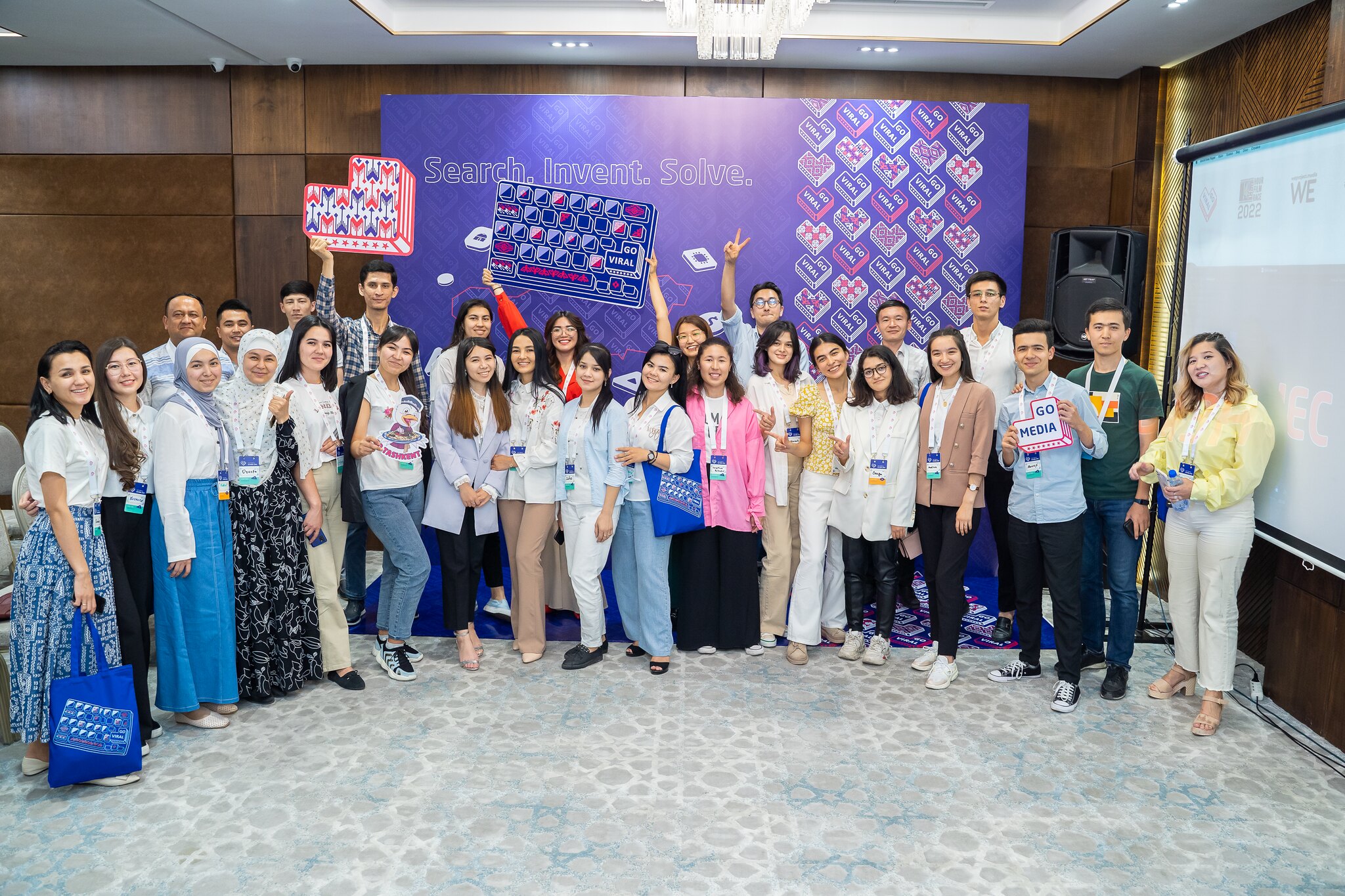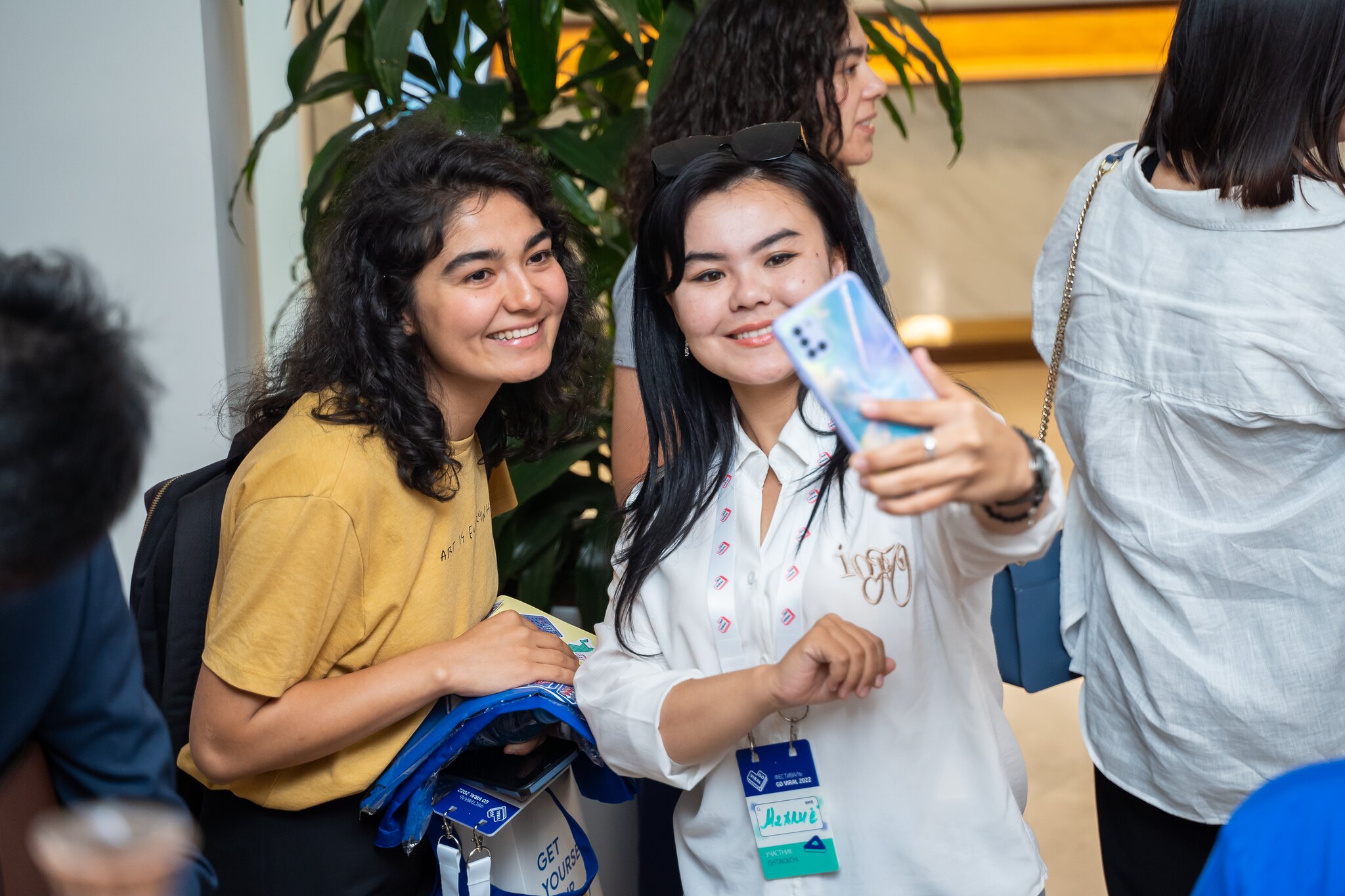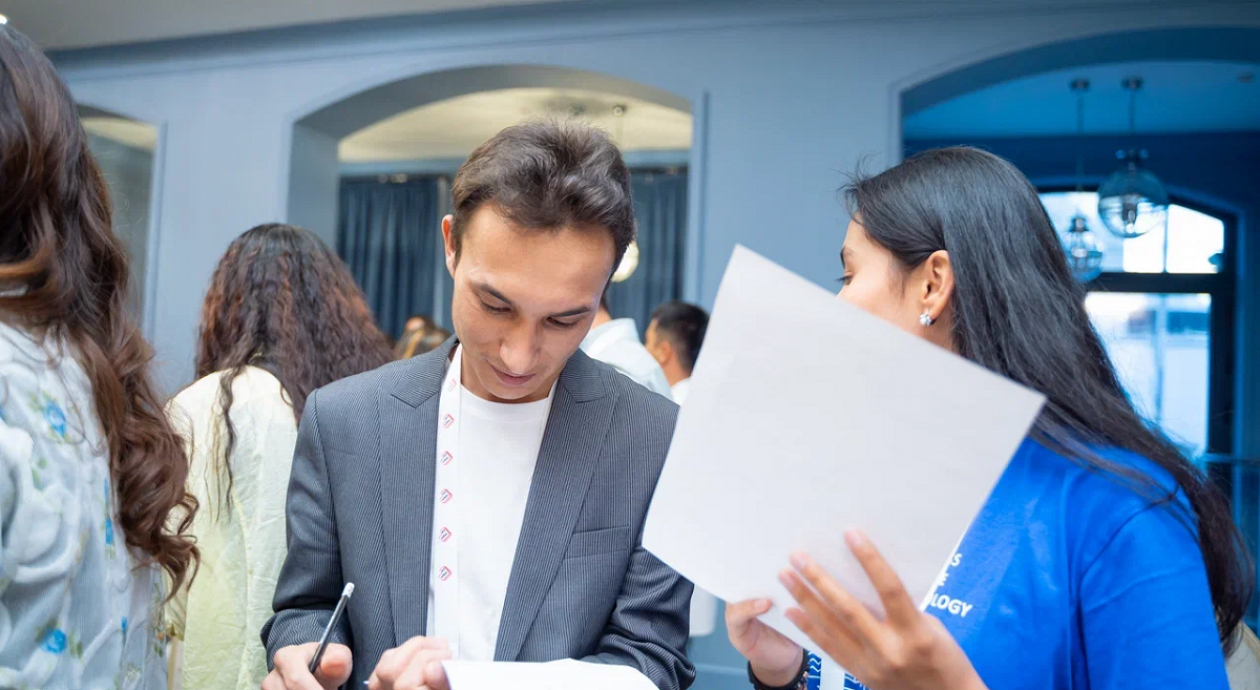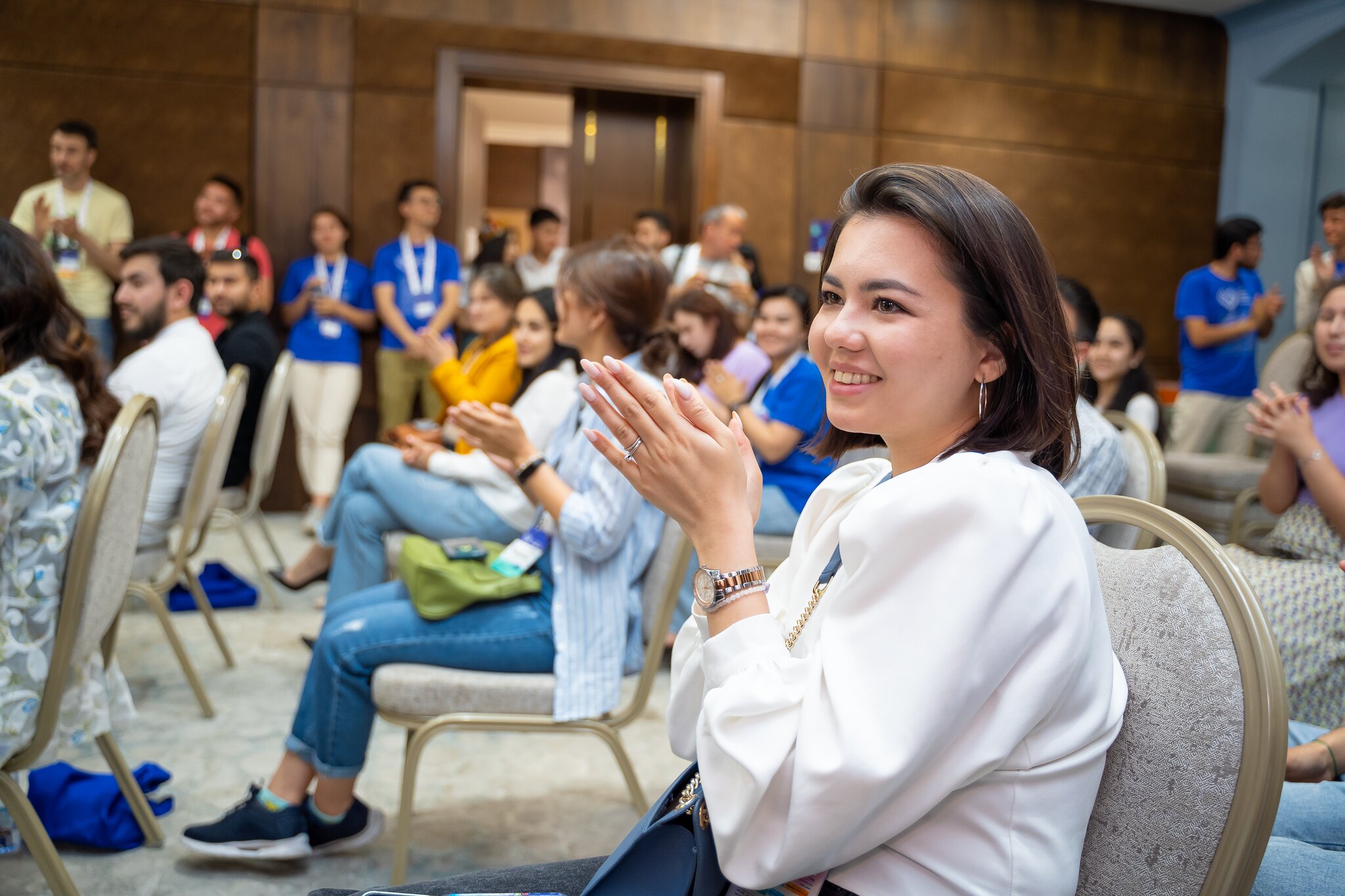Tashkent played host to the sixth Central Asian Go Viral Festival on 28 and 29 May, bringing together enthusiasts and experts in media, business, culture and technology. They took part in the festival to talk about problems, solutions and answers to the most pressing issues.

The event was held in the form of master classes and workshops, and the speakers were well-known experts in four areas – technology, media, business and culture. Besides, the two-day festival was a networking platform for more than 100 young Uzbeks.
The festival was opened by the U.S. Ambassador of Go Viral in Uzbekistan, Gulrabo Shakarova and the Public Affairs Officer of the U.S. Embassy in Uzbekistan, Alexis Sullivan. Gulrabo Shakarova told participants about the Go Viral Festival, noting that it is a platform that brings together many creative people in the region. At the event you could share ideas, learn from experts, build networks and collaborate.
Alexis Sullivan said in her opening remarks that Go Viral has been empowering Central Asia’s most creative thinkers since 2017 and connecting them to each other, the United States and global partners.
“By innovating together, you are creating an inclusive, exciting and promising future for Uzbekistan. Over the next two days, let’s take this journey together,” she said.
Next, the festival participants divided into their interests and went to listen and learn from renowned speakers.
In one of the rooms Durdona Bakhronova, programmer at Super Dispatch (USA), spoke about IT companies and in which ways they operate. After the presentation, she offered participants an interactive game – a pizza game in which participants gained skills in building processes. The format of the game is structured so that each step must be finalized before another begins.
“It’s like baking a pizza – first you need the dough, then the tomato sauce, then the cheese and ham. I wanted to show the participants that they could be free to line up workflows. We know the assignment, but how we use human resources can vary. Three teams recieved different grades at the end, even though they had the same number of people and resources – they all built processes differently. And there’s no way to say that one approach was right or wrong, because different approaches can be used to solve different cases,” she said.
The speaker noted that depending on the approach, the outcome, efficiency and time spent for each task would vary.
“It allowed us to see the bigger picture and understand why the workflow needs to be organized in a way that makes everything run smoothly. In addition, this skill helps specialists ‘from below’ tell their managers about their problems, take initiative and make the workflow better,” Bakhronova added.

Filming in 48 hours
In the zone of culture Andrey Manujlov, the organizer of the competition 48hourfilmrace (“How to shoot a film in 48 hours”) said that this annual competition of short films, in which students, amateurs and professionals participate, will be held for the seventh time. This will be Uzbekistan’s fifth time participating, and the past two years the winners have been from Uzbekistan. This year, the main prize will be tuition at the New York Film Academy.
In his presentation, Andrey talked about the format of the competition, the main details of filming, and the opportunities for aspiring filmmakers to grow. The session was followed by a panel discussion, where the moderator posed questions to last year’s finalists.
Past contestants, Grigory Tolstolugov and Shokir Kholikov, talked about their experiences shooting a film in 48 hours. For example, Shokir said that he sent his contest work 10 minutes before the deadline, and Grigory had technical problems, but he solved them in the end. Both speakers gave participants tips on how to act in order to submit their films on time.
Participants actively asked questions about the selection criteria, technical features of filmmaking, and where in Uzbekistan you can improve your filmmaking skills.
The Uzbeks send about 20-30 films to the contest each year, and the 48hourfilmrace team travels from Kazakhstan to Tashkent to screen the films on the big screen.
“The film can even be a 15-second film. The main thing is that it should reflect the given idea of the contest,” Andrei Manuilov said. Before the contest starts, master classes are held that allow participants to improve their skills, he said.
“The contest has changed someone’s fate, and there have been such cases,” Andrei Manuilov said.

Increase profits by 280% in a year
For participants who chose the business zone of the festival, Temur Saady, co-founder and design director of Ma’no Branding talked about how a brand interface is created. He gave the example of Shin Line, which was able to increase profits by 280% (from 2018 to 2019) by promoting the brand of ice cream “Bahroma”.
The speaker gave examples of good brand communication with the consumer – Fear & Fantasy Festival in Istanbul, as well as Klarna payment service. He also talked about the importance of color to the brand, and the importance of communication style with the audience.
“Audio marketing is becoming more relevant with the advent of voice assistants,” the speaker noted.
Go Viral festival in Tashkent brought together more than 100 participants from media, IT, business and culture. The participants were most interested in the sessions on media.
One of the participants and volunteer of the festival Saida Turabekova told about her impressions:
“Go Viral Festival is an opportunity to meet creators, professionals of their business and get advice and practical knowledge from highly qualified specialists of the international level. I want to highlight the caring and warm attitude of the organizers towards volunteers, which should be an example for organizers of other events. Each speaker is inspiring, and each participant becomes a friend and partner on the professional path”, – said Saida.

“We were thrilled with the festival in general!” – added another participant, Elina Beknazarova.
Recall that earlier the Go Viral 2022 festival has already been held in Dushanbe. Tashkent is passing the baton to Bishkek, where the festival will take place on June 10-11, and then it will be held in Almaty and Ashgabat.
The Go Viral project is implemented by IWPR and funded by a grant from the U.S. Department of State. This press release was funded by a grant from the U.S. Department of State. The opinions, findings and conclusions expressed herein are those of the author and do not necessarily reflect the views of the U.S



